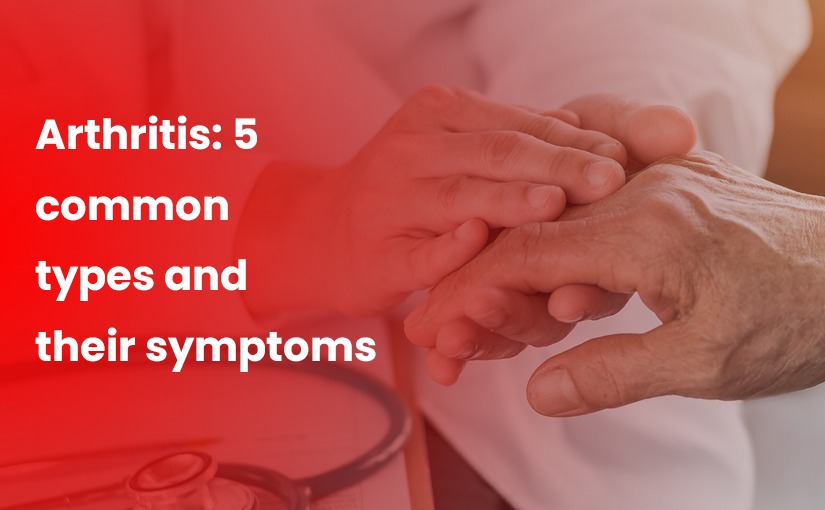In our pursuit of overall well-being, we frequently prioritise physical health through diet and exercise. However, it is critical to know the significant impact these lifestyle choices have on our cognitive function and brain health. We recognise the intricate relationship between nutrition, physical activity, and the health of our most vital organ – the brain with Kalpit Hospital in Khalilabad.
Nutrition as a Source of Mental Energy
The saying \”you are what you eat\” goes true with the brain. Nutritional support for cognitive functions, memory enhancement, and protection against age-related decline are all provided by proper nutrition. Here\’s how a well-balanced diet can improve brain health:
- Omega-3 Fatty Acids: Omega-3 fatty acids, found in fatty fish, flaxseeds, and walnuts, are essential for brain development and function. They help to improve cognitive performance and prevent cognitive decline.
- Antioxidants: Antioxidant-rich fruits and vegetables fight oxidative stress, lowering the risk of neurodegenerative diseases. Berries, dark leafy greens, and nuts are high in antioxidants.
- Vitamins and minerals: An adequate intake of vitamins such as B-complex and vitamin D, as well as minerals such as iron and zinc, promotes neurotransmitter synthesis and improves overall cognitive abilities.
- Hydration: Staying hydrated is critical for optimal brain function. Dehydration can impair concentration and cognitive performance, highlighting the importance of drinking plenty of water.
Physical Activity: A Workout for the Mind
At Kalpit Hospital in Khalilabad, we believe in a holistic approach that includes proper nutrition and regular physical activity. Exercise not only benefits the body but also has a positive impact on the brain:
- Increased Blood Flow: Physical activity increases blood flow, allowing oxygen and nutrients to reach the brain. It encourages the development of new neurons and improves overall cognitive function.
- Neurotransmitter Release: Exercise stimulates the release of neurotransmitters such as dopamine and serotonin, which help to improve mood, reduce stress, and improve cognitive abilities.
- Neuroplasticity: Physical activity regularly promotes neuroplasticity, or the brain\’s ability to reorganise and adapt. It is important for learning, memory, and resistance to neurodegenerative diseases.
- Stress Reduction: Exercise is a natural stress reliever, lowering cortisol levels and improving mental health. Chronic stress can harm the brain, making stress management essential for cognitive health.
Conclusion
Kalpit Hospital, the best multispecialty hospital in Khalilabad, goes beyond physical health to emphasise the intricate relationship between nutrition, physical activity, and brain health. We can pave the way for a healthier, more vibrant future by adopting a lifestyle that nurtures both the body and the mind. Remember that a well-nourished brain is a resilient brain, and the path to cognitive excellence begins with the daily decisions we make.



